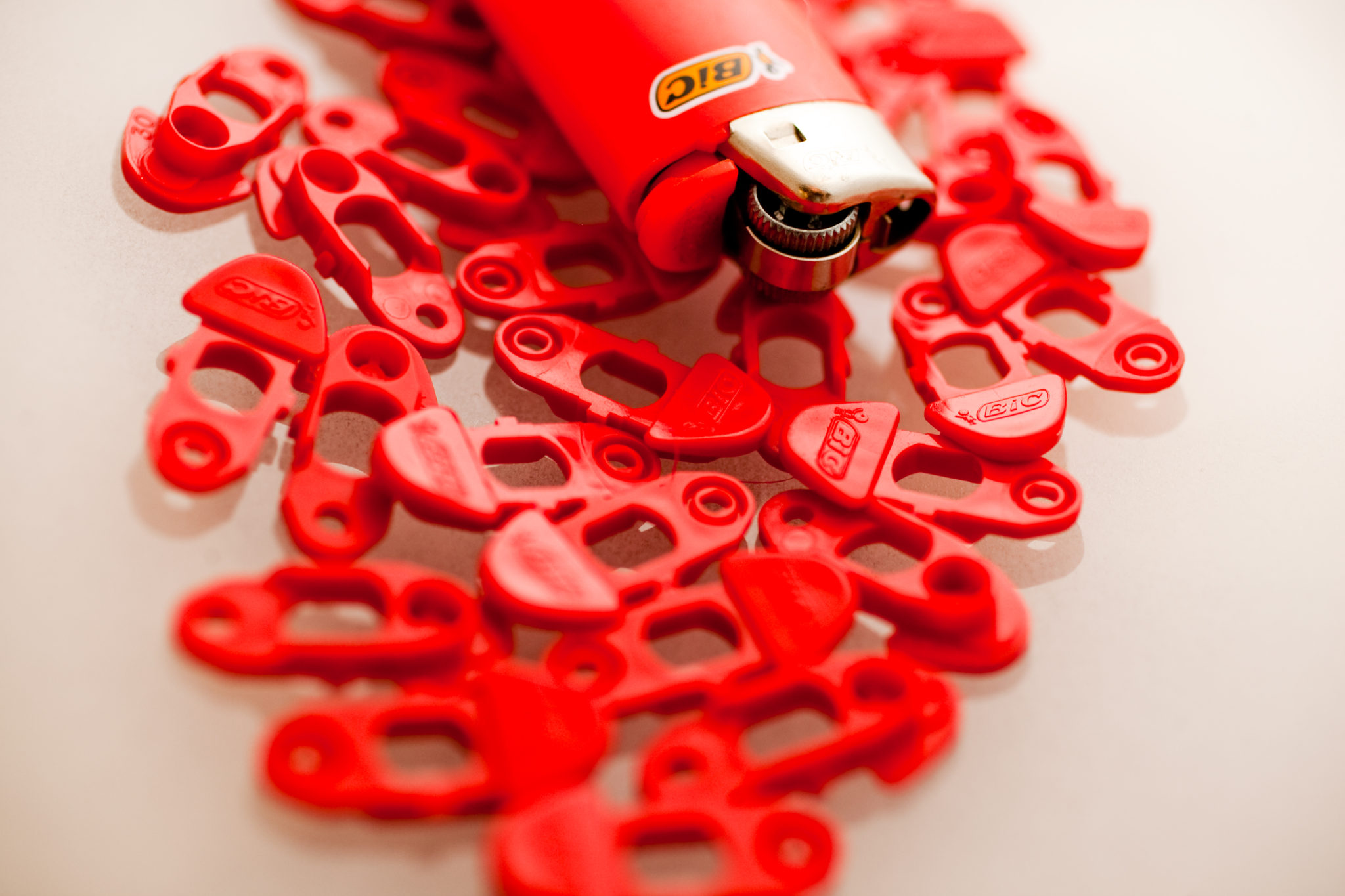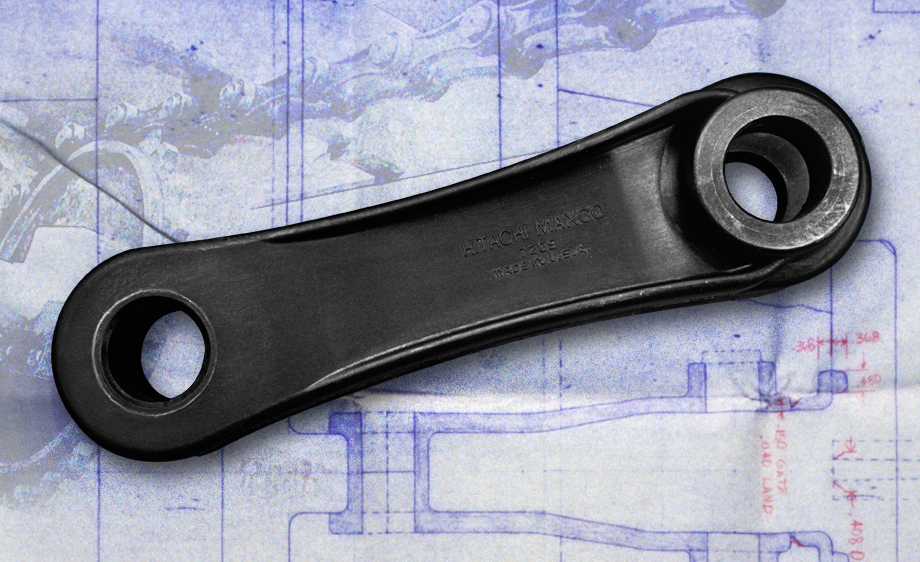Courses in the Foundation Series are designed for technical professionals of all backgrounds and skill levels. They are especially pertinent to design engineers, industrial designers, technical and non-technical managers, sourcing and purchasing professionals, quality specialists, production personnel, and technical sales and marketing staff.
Introduction to Plastics
Plastics are all around us, yet they are rarely used in an effective and appropriate manner. This course will provide an introduction to the world of plastics. We will review some of the most widely used plastic materials, and discuss their costs, and their advantages and disadvantages. We will discuss thermoplastic behavior, not just in terms of physical properties – strength, stiffness, toughness, etc. – but in how these materials perform in the real world, where they are subject to use – and abuse – over long periods of time, in all kinds of end-use environments. We will also discuss human behavior, and the cultural, sociological, and political forces that affect the use of plastics in the 21st century.
Injection Molding – A Designer’s Perspective
This course provides an overview of injection molding from a designer’s perspective. We will follow the process from raw material through plastication (melting), to injection into the mold, through the cooling phase to ejection from the machine, and finally through post handling and assembly. We will discuss raw material issues, machine constraints, tooling concerns, and basic design criteria, and how these can affect the form, fit, and function of the final molded part. Finally, we will discuss vendor selection (design and engineering firms, toolmakers, molders, and resin suppliers).
At the conclusion of this course, attendees will be capable of evaluating the suitability of injection molding for any given part, and will understand the criteria involved in vendor selection.
Plastic Material Selection
This course presents a methodology for plastic material selection that is unique in the plastics industry. Unlike conventional materials selection methods – which rely almost exclusively on quantitive data – this methodology will allow attendees to evaluate the suitability of a thermoplastic material for a specific design application.
In this course attendees will be introduced to the world of commodity and engeering plastics. Using case histories and commercial examples, we will explore how these materials are used, and why they are used. We will discuss grades of materials (prime, off-spec, industrial, etc), the use of additives (structural reinforcements, fillers, processing agents, UV stabilizers, etc), and – most important of all – costs (including raw material costs, processing costs, and cost of secondary operations). Using common layman’s language, we will then translate generic terms about a material’s characteristics – such as stiffness, strength, and toughness – into specific technical properties that are relevant – and quantifiable – to the intended application. We will review industry standard tests that are used to quantify these properties, and discuss how to interpret and understand the behavior of the material in the intended application based on the available property data.
At the conclusion of this course, attendees with have sufficient knowledge to write a comprehensive material specification for any given application.
Estimating Production Costs
This course provides a simple yet comprehensive methodology for estimating production costs. Included in the methodology are the variables mentioned above, plus labor rates, overhead rates, secondary operation costs, handling costs, packaging costs, freight costs, customs fees, transaction expenses, global exchange rates, and more. Additional variables which can be included include estimates of yield losses, rework costs, and recycling costs.
At the conclusion of this course, attendees will be capable of preparing a comprehensive cost analysis for any product, manufactured anywhere in the world.
Note: While the focus of this course is on injection molding, the process and methodology is applicable to all manufacturing processes.




Want to hear more from Art of Mass Production?
Sign up for a monthly update of our latest posts.
You have Successfully Subscribed!